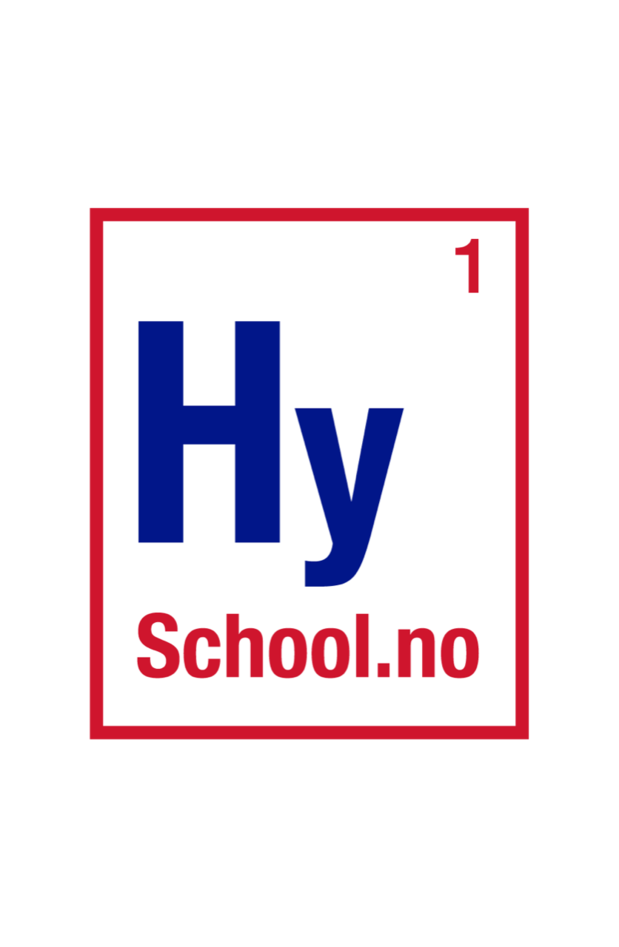HySchool Webinar #3: Alice Schiaroli (NTNU) & Claudia Cheng (UiT)
The HySchool Webinar will take place at 13:00 CET (1 pm) on Friday 5 May 2023, on Teams. Two of the admitted PhD students will be holding a 15-minute presentations + Q&A session each on their research topic. Open for all interested.

Main content
Alice Schiaroli
PhD-student at NTNU
Safety assessment of hydrogen storage tanks for hydrogen-powered buses
The deployment of hydrogen-powered buses is a crucial feature of decarbonization strategies developed to meet the carbon neutrality target in the next decades. However, the spread of hydrogen mobility is hampered by safety concerns due to the hazardous properties of the fuel. Severe consequences, such as fires and explosions, can arise from the loss of integrity of the storage tank installed on board of hydrogen-powered vehicles.
The present study is aimed at evaluating the impact of the consequences of accidental hydrogen releases from tanks specifically designed for hydrogen-powered buses. The different storage conditions in which hydrogen can be stored on board are considered and compared with storage solutions currently used for conventional fuels, such as diesel, CNG, and LNG. The dangerous phenomena that result from the unexpected releases of the fuels are identified through an event tree analysis, and their impact is assessed in terms of damage distances. The results of the study demonstrate that liquid and compressed hydrogen are less hazardous than cryo-compression, which is the most critical solution from a safety standpoint.
Claudia Cheng
PhD-student at UiT
Does time matter? A multi-level assessment of delay energy transitions and hydrogen pathways in Norway
The Russian invasion of Ukraine has undeniably disrupted the EU’s energy system and created a window of opportunity for an acceleration of the low-carbon energy transition in Europe. As the trading bloc’s biggest gas supplier, Norway faces the imminent threat of fast-depleting gas reserves and declining value for its exports. To beat the clock, Norway is aggressively exploring more petroleum, thereby delaying its energy transition.
In anticipation of the future drop in gas prices, Norway is counting on blue hydrogen to valorise its gas resources, before gradually shifting to green hydrogen export. Given the intricate relationship between hydrogen and gas, one might ask, what might be the implications of delaying the phase-out of the petroleum sector? More specifically, how would the different petroleum exploration outcomes affect the development of the low-carbon hydrogen export market in Norway?
Microsoft Teams meeting
Join on your computer, mobile app or room device
Click here to join the meeting
Meeting ID: 390 029 722 394
Passcode: S2BAnV

